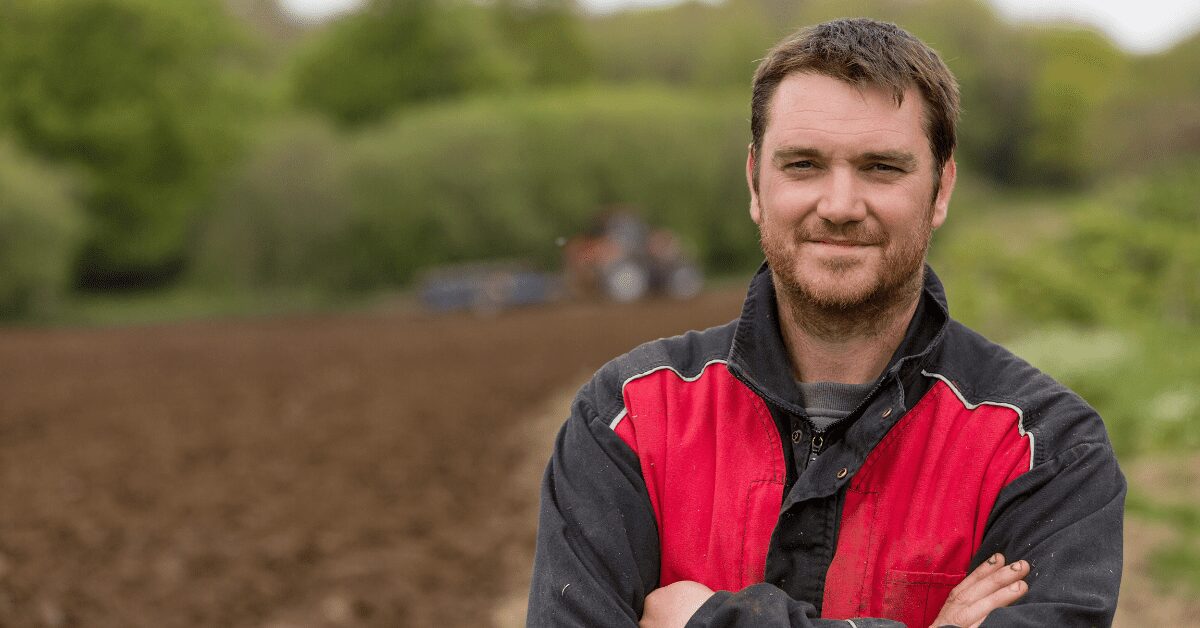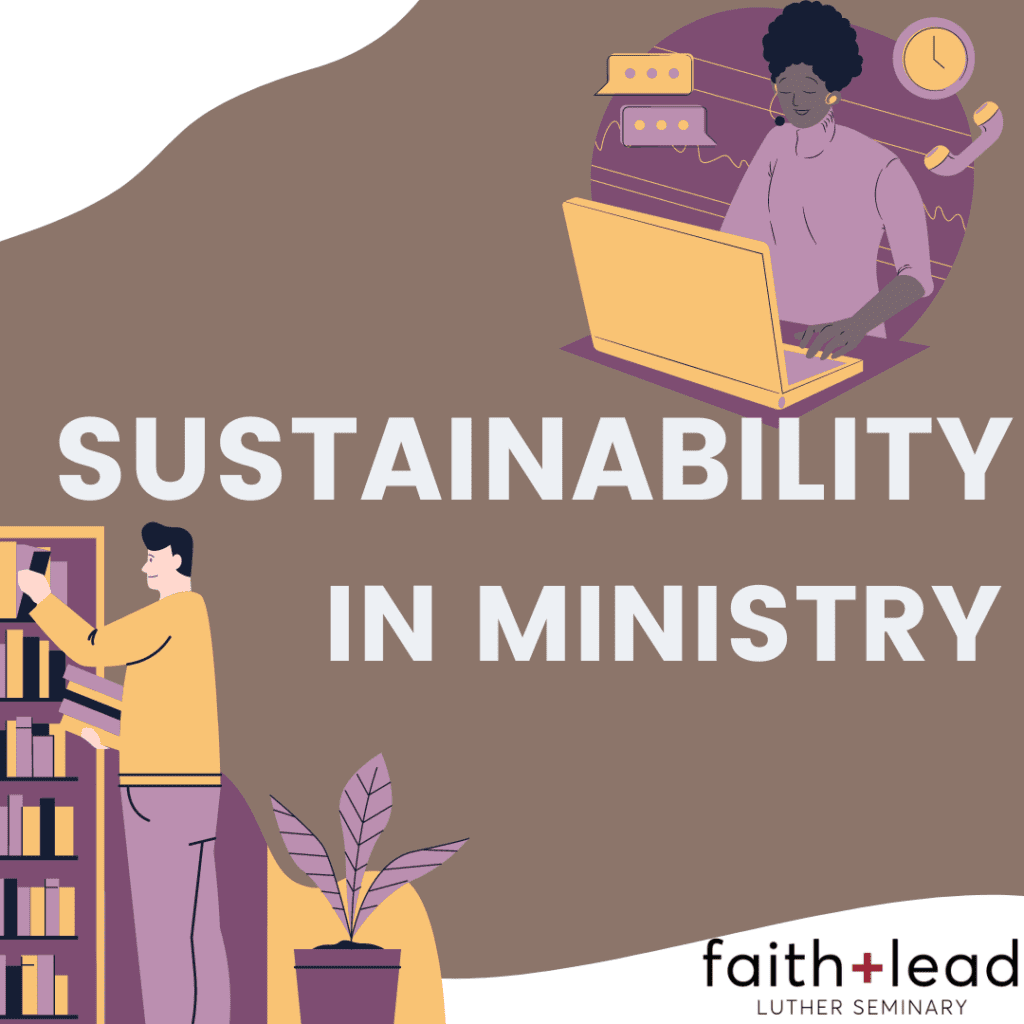I planted, Apollos watered, but God gave the growth. Paul in 1 Corinthians 3 NRSV
As I drove through the beautiful prairies and small towns of southwestern Minnesota visiting congregations at the end of my term as bishop, I thought about all the gifts and wisdom that rural congregations and leaders have to share with God’s whole church. Here are some of the themes that came to mind.
A forced blossoming of innovation happened in most congregations and parishes across the primarily rural area where I once served due to the pandemic. I give thanks to God for the mutual support, courageous innovation and faithful leadership of so many baptized and rostered ministers across our country and world. It has not been smooth or painless. God nudged, encouraged and turned congregational leaders around when they were lost. In times of deep change or little change, God’s Spirit sustains our lives and life together.
The themes we experienced in rural ministry may resonate more widely in other contexts as well.
Vision and context
As a child I loved to climb up the massive hill on my grandfather’s farm. From the top you could see the lakes created by the last glacier to the east and west. Looking south, you could see the rich land north of Willmar, MN in the distance. Looking north you could see the lighter soil impacted by the harsh scraping of the last glacier. Farming was different depending on the land. The view up on that big hill gave you the bigger picture.
For farmers or gardeners, paying attention to the land you have and steadily working to improve it, will get you a lot further than trying to make your land or context do what works somewhere else and mindlessly seeking to replicate it. Our ministry is like that as well. Where God has placed us matters. While we can learn from others, we also need to read our local contexts and know our history to find the better paths to sustainability.
Assets and vocations
Congregations can only do what their assets and context allow. Your assets are clues about what God is calling your congregation to do. We do best as people and as communities when we use our strengths and gifts. Thinking into the chess board of the future to imagine consequences of your actions and considering developments that might impact your community of faith in the coming years is as important as short term planning for the next few weeks or months. It is easy to forget the big picture and neglect the non-urgent but important work of longer range dreaming and planning. In your holy stewing about the future, remember your assets.
Sustainability is paradoxical
If you want to sustain your congregation’s ministry, you have to think about more than sharpening your approach to ministry and the mission practices that have served you well in the past and the present. In the swiftly changing and chaotic flow of our life together, we also need to run experiments, make good mistakes, and learn from them. We are called to be open to exploring new paths to faithfully steward the Good News and sustain our communities of faith. Instead of becoming discouraged in the heavy waves of disorienting change, God’s Spirit calls us to listen, imagine, plan, act, evaluate and prepare to act again, integrating the wisdom of your previous experiments.
Good mistakes
A good mistake occurs when an idea is well thought out. People faithfully execute what has been imagined. But the experiment does not bear fruit like the ministry team thought it would. Good mistakes bear different fruit. We learn about ourselves and others when we act and reflect. To learn about sustainability often requires us to act. It is not enough to think or talk about your ideas. Each experiment, even if it completely fails, helps us learn and imagine other approaches or strategies. Developing experiments helps us develop competencies, increase comfort with new ideas and provoke more ideas. If you want to sustain your congregation’s ministry, doing only the same things you have always done as your main approach will likely backfire. Failing to experiment in your ministry to serve the changing context of your community threatens sustainability of congregations smaller and larger.
Lament and hope
Hard things also happened in our congregations and communities during this pandemic. I am talking about broken relationships on top of the loss of people and the damage of significant life-threatening illnesses. Those experiences need to be named, lamented and learned from as well. If God can redeem a cross, then God can redeem those moments of personal and communal brokenness we share. It will take a lot of forgiveness to heal the wounds and scars of congregations, households and communities. God’s Spirit will not leave us orphaned. Already, we can see that one way God worked to redeem the pandemic is that God increased our comfort with change.
Collaboration
Laboring together for the sake of the Gospel to participate in what God is already doing in our community and the larger world starts to move us beyond survival thinking and fears. Collaboration opens up the possibility of more talent, more energy and the joy of making a difference in people’s lives. Instead of competition, God calls us to labor with one another in the communities where God has placed us.
Collaboration helps congregations and leaders sustain themselves and others in challenging times. Structurally it takes many forms. Twenty years ago, our synod was exploring large multipoint parishes as a strategy to sustain ministry. Pr. Don McKee from Our Saviors of Montevideo encouraged me to also lift up the idea of what I have come to call asymmetrical partnerships. These are collaborations between larger membership and smaller membership congregations that take a variety of forms. I thought larger and smaller congregations would not make fruitful partners for ministry. I was wrong. Over the years, more and more congregations have come to see that their partnership with a sister church of a larger or smaller size nearby can enhance both congregations’ lives and their mission to their mission fields. For this work to be sustained each congregation needs to bring their gifts to their partnership to enhance the parish as it follows Jesus into God’s world and their context.
Faith practices
Congregations exist to proclaim the Good News we know in Jesus—that God is for us and with us. All the baptized are sent on daily mission trips to practice their faith and live out their many callings in everyday life. Christ followers learn they need to tend their spiritual lives to be able to sustain their love and service in Christ’s name day after day. God has given us tools to care for and sustain our spirits with faith practices like communal worship, reading scripture and prayer to name a few. God uses faith practices to grow us into gracious followers of Jesus.
Throughout the pandemic, people have been invited to grow deeper in personal faith practices while their communal practices were suddenly disrupted and many forms of congregational life moved online. People hungered for ideas and learned from each other. Wise leaders made adjustments to their neighbor’s strategies to fit their context and capacities. Lay and rostered leaders built muscles to engage change and disorienting events.
Deepened imagination and work
Focusing on inviting, welcoming and growing Christ followers around the cross and God’s promises creates energy. It is especially inspiring to watch congregations reach out to “new, young and more diverse” people in a sustained way. A number of rural congregations are using the book Growing Young: Six Essential Strategies to Help Young People Discover and Love Your Church by Kara Powell, Jake Mulder, and Brad M. Griffin to deepen their imagination and shift their behavior to become more hospitable and open to all people. They are running experiments, learning, adjusting and experimenting again.
Trust
Sustainability depends on the powerful fuel of trust. First, God trusts us with our callings and the Good News. God’s presence and work in our midst transforms us and others. God’s grace sets us free to love and serve in the midst of brokenness and the wonderful gifts of life. We trust God’s Spirit continues to guide and shape our individual and communal lives.
God is an extravagant sower who works in our world through our lives, planting seeds and growing people in an ongoing miracle. Jesus is out in front of us, calling us to follow. Christ’s loving and gracious voice sustains us in good times and the hardest times as we faithfully and fruitfully follow.
Your turn
Which of the above themes resonates with your ministry during the pandemic and why? Take time to journal about or discuss your experience with a colleague. You can even share your experience in the Faith+Lead Learning Lab.




